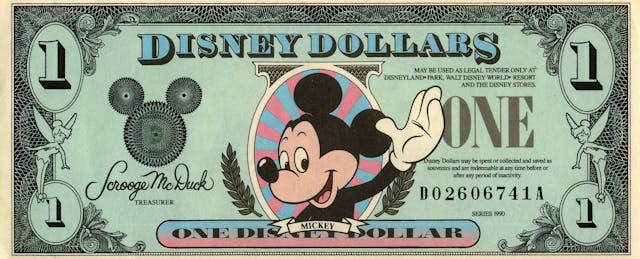Most students associate Kahoot with its addictive, funky theme song. Today the Norwegian company is groovin’ to a different tune: ka’ching!
Based in Oslo, Kahoot is adding another $10 million to its Series A financing, pushing that round total to $20 million. In total the company has raised $26.5 million, according to chief executive Erik Harrell. New investors include local angel investors and private family offices in Norway (the names of whom he declined to disclose). Existing investors Microsoft Ventures, Creandum and Northzone also chipped in.
The funding will be used to grow the company’s staff of 55 employees, particularly its product development and engineering teams, he tells EdSurge in an interview.
Kahoot now also boasts one of the biggest brand names in the world as a backer. Last week it was picked as one of 11 companies selected to the Disney Accelerator, which makes an undisclosed equity investment in each participant and provies guidance from its network of entertainment, technology and business executives. Harrell kept tight-lipped about details of Kahoot’s participation in the three-month program, citing Disney’s strict communication polices.
It’s the latest milestone for a company that touts more than 50 million unique users each month, with the majority in U.S. K-12 classrooms. Kahoot’s popularity lies in its game-based educational tool that allows anyone to create multiple-choice quizzes and race with one another to get the most number of correct answers in the shortest amount of time.
The web-based platform was used primarily in the classroom—until now. Last month, Kahoot unveiled the beta version of a mobile app that allows users to create quizzes and challenge “anyone, anywhere, anytime,” in the words of Harrell. Teachers can also assign after-school games as homework. Upon setting up a game, a player will get a unique link that he or she can share via email, WhatsApp, Messenger, SMS or other mobile services. The goal, he adds, is to “extend Kahoot beyond the physical walls of the classroom.” The free app will be publicly available in September.
Kahoot has earned no revenue to date, but later this year it will release an annual subscription service for corporate users who want to use the product for professional training and staff development. Already there are more than a million users who hail from companies, Harrell notes. This “premium” offering will include features such as branding, user account management and advanced data reporting.
In a previous interview, Harrell committed to keeping Kahoot free for schools and teachers.


